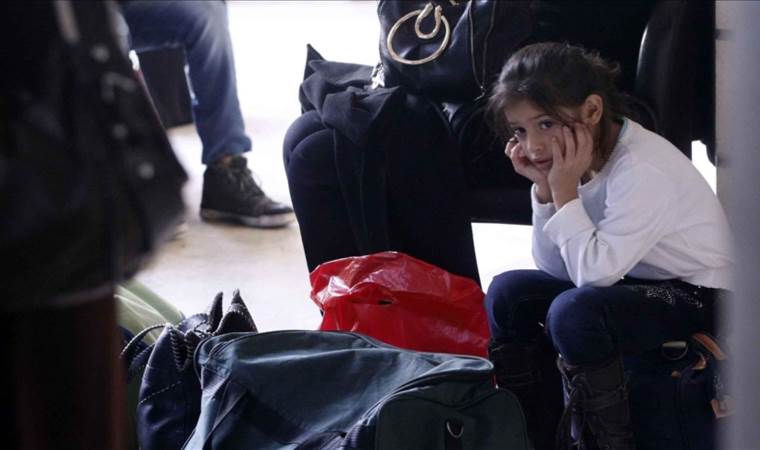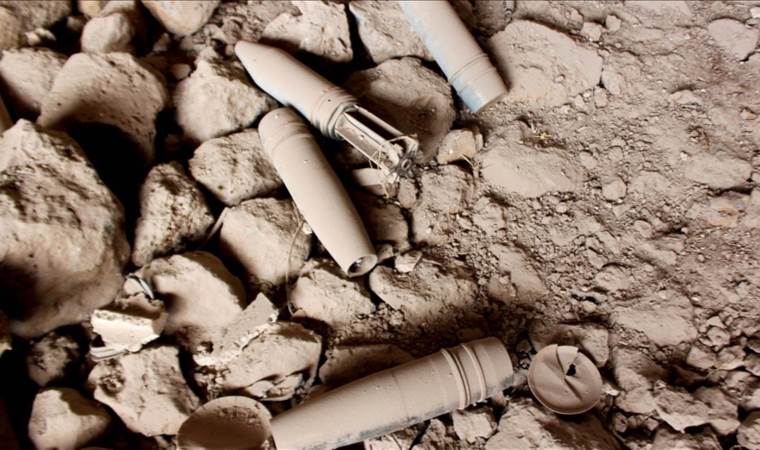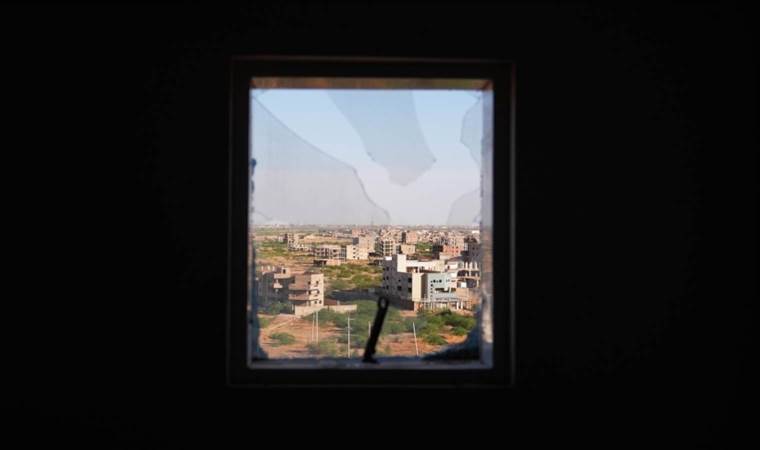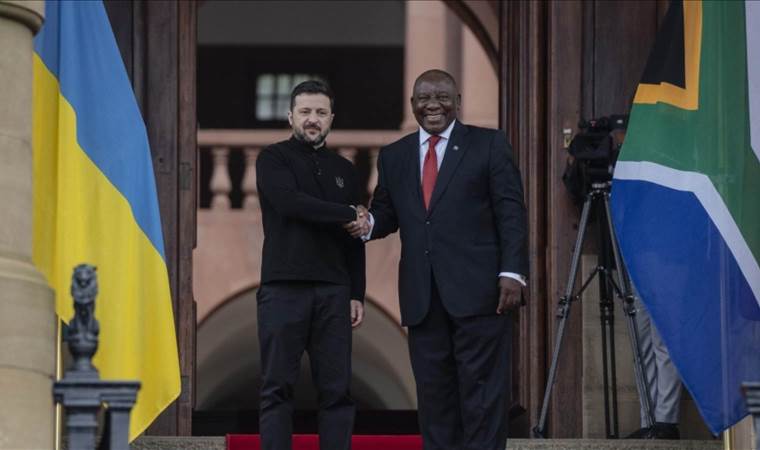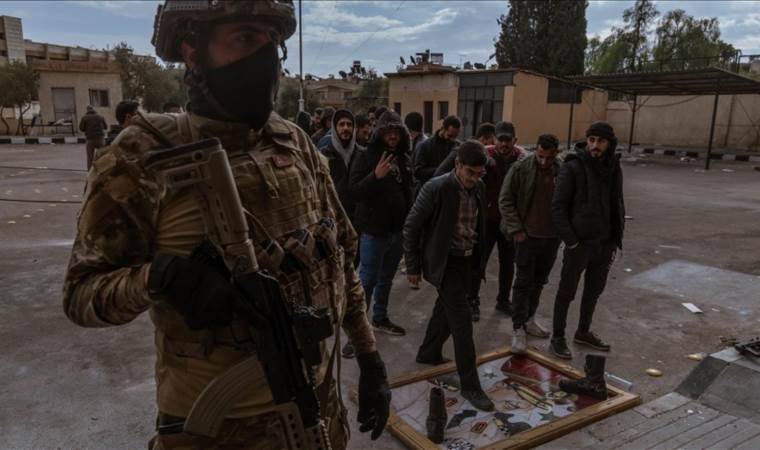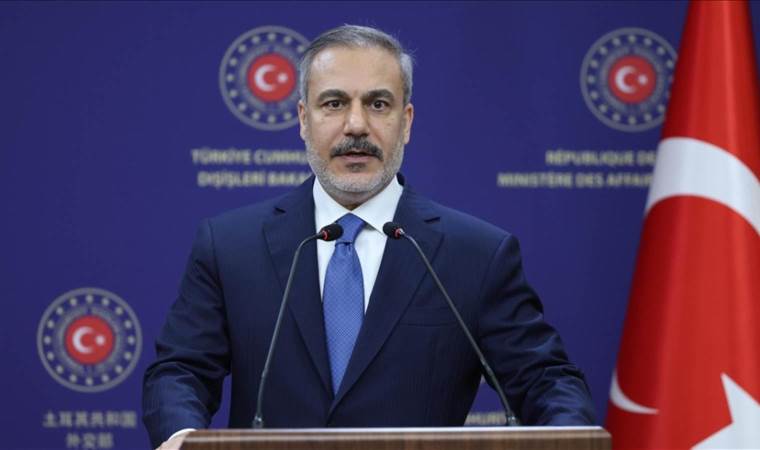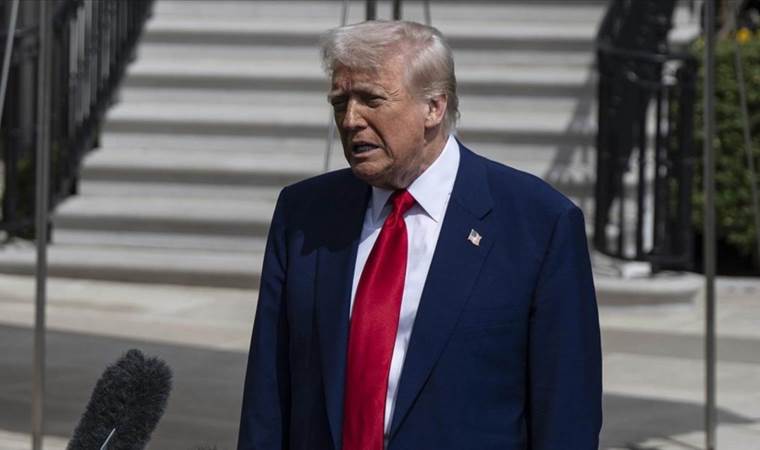The French far-right failed to maintain its momentum in the first round of the general elections. The leftist alliance, New People's Front, received the most votes. However, no alliance secured a majority in the parliament; the leftist alliance must now negotiate and reach agreements with other political forces, particularly President Emmanuel Macron's "Together for the Republic" alliance, to form a government. Contrary to recent global news highlighting the rise of the far-right, the second round of the French general elections saw the far-right suffer a defeat. The New People's Front garnered the most votes, while the far-right National Rally, which led in the first round, fell to third place. No party reached the necessary 289 seats to secure a majority in the 577-member National Assembly. The New People's Front won 182 seats, Macron's "Together for the Republic" alliance won 168, and the far-right National Rally won 143 seats. As the initial results were announced, the French public celebrated the victory of the leftist alliance in the streets. Notably, the leader of the leftist alliance, Jean-Luc Mélenchon, signaled that they would recognize Palestine.
"Far-Right in Denial of Results"
Dr. Cem Savaş from the French Political Science and International Relations department at Yeditepe University, evaluating the election results for Cumhuriyet, stated that the second round saw a 66.6% participation rate, the highest in France since 1997. Savaş noted that no alliance achieving an absolute majority in parliament reflects the dominance of a polarized political atmosphere. "The far-right National Rally's drop to third place in the parliamentary vote distribution seems to have created a deep sense of relief among a significant majority of the population, especially those who uphold core values like the republic, democracy, and human rights. On the other hand, voters of the far-right alliance are showing intense disappointment, anger, and a tendency to deny the election results," he said.
New People's Front Makes Unprecedented Impact
Savaş recalled that the far-right had declared an early victory after the first elections but noted that the 143 seats won by the French far-right mark a concerning historical advancement compared to the 89 seats they secured in 2022. "The New People's Front, which won 182 seats in parliament, has made an unprecedented impact in the 2024 elections. However, for the leftist alliance to form a government, they need to negotiate and reach agreements with other political forces, especially President Emmanuel Macron's 'Together for the Republic' alliance. The upcoming period will be highly dynamic and fraught with socio-political crises for French politics," he said.
Coalition with Center Parties Necessary
Prof. Dr. Selcen Öner from Bahçeşehir University's Political Science and International Relations department stated that the election results are hopeful in terms of preventing the rise of the far-right, but they also bring a highly fragmented parliament and many political uncertainties. She emphasized that strategic votes from left and center voters against the far-right were decisive in these elections. "Macron said he called for this early election to clarify the political environment, but these results have brought many uncertainties. Even if the left alliance maintains its unity, it does not have enough seats to form a government and must form a coalition with center parties. If the left front, which currently lacks a clear leader and prime ministerial candidate, fails to form a constructive coalition, there is a risk that the far-right National Rally could turn this to its advantage in the 2027 presidential elections. The election results in France are crucial as they show that preventing the rise of the far-right is possible if opposition parties work together and develop the right strategies," she said.
Turks Feared Far-Right's Opposition to Dual Citizenship
Öner, who was in Lyon, France, during the first round and before the second round of elections, shared her observations: "Some young people signaled that strategic voting could be used in the second round. An 18-year-old who voted for the group that included the National Rally in the first round said most of his friends would vote for the left. He mentioned that no one could find exactly what they were looking for in the current political parties and were more inclined to vote against what they did not want. Two young women I spoke with mentioned that immigration is the main issue in France and expressed growing concerns about safety on the streets." Öner also mentioned speaking with a Turkish immigrant in France, who said that Turks there feared the abolition of dual citizenship if the far-right came to power and were also uncertain about voting for the left due to their stance on the Armenian issue. Öner noted that, with Macron's presidential term ending in 2027 and him being unable to run again, the center and left parties in France must start preparing seriously now.

 Germany offers Syrians up to $4,555 to return home
Germany offers Syrians up to $4,555 to return home
 Despite stated ban, Spain continues to buy arms from Isr
Despite stated ban, Spain continues to buy arms from Isr
 China denies having talks with US on tariffs
China denies having talks with US on tariffs
 60 militants from paramilitary RSF killed in North Darfu
60 militants from paramilitary RSF killed in North Darfu
 Nearly half of Americans now live with dangerous air qua
Nearly half of Americans now live with dangerous air qua
 Zelenskyy partially cancels South Africa visit in wake o
Zelenskyy partially cancels South Africa visit in wake o
 Britain lifts sanctions against Syrian defense, interior
Britain lifts sanctions against Syrian defense, interior
 Pakistan says any Indian attempt to divert, stop flow of
Pakistan says any Indian attempt to divert, stop flow of
 Turkic world will continue to stand by Turkish Cypriots,
Turkic world will continue to stand by Turkish Cypriots,
 Recent Russian strikes on Kyiv were 'not necessary,' say
Recent Russian strikes on Kyiv were 'not necessary,' say



